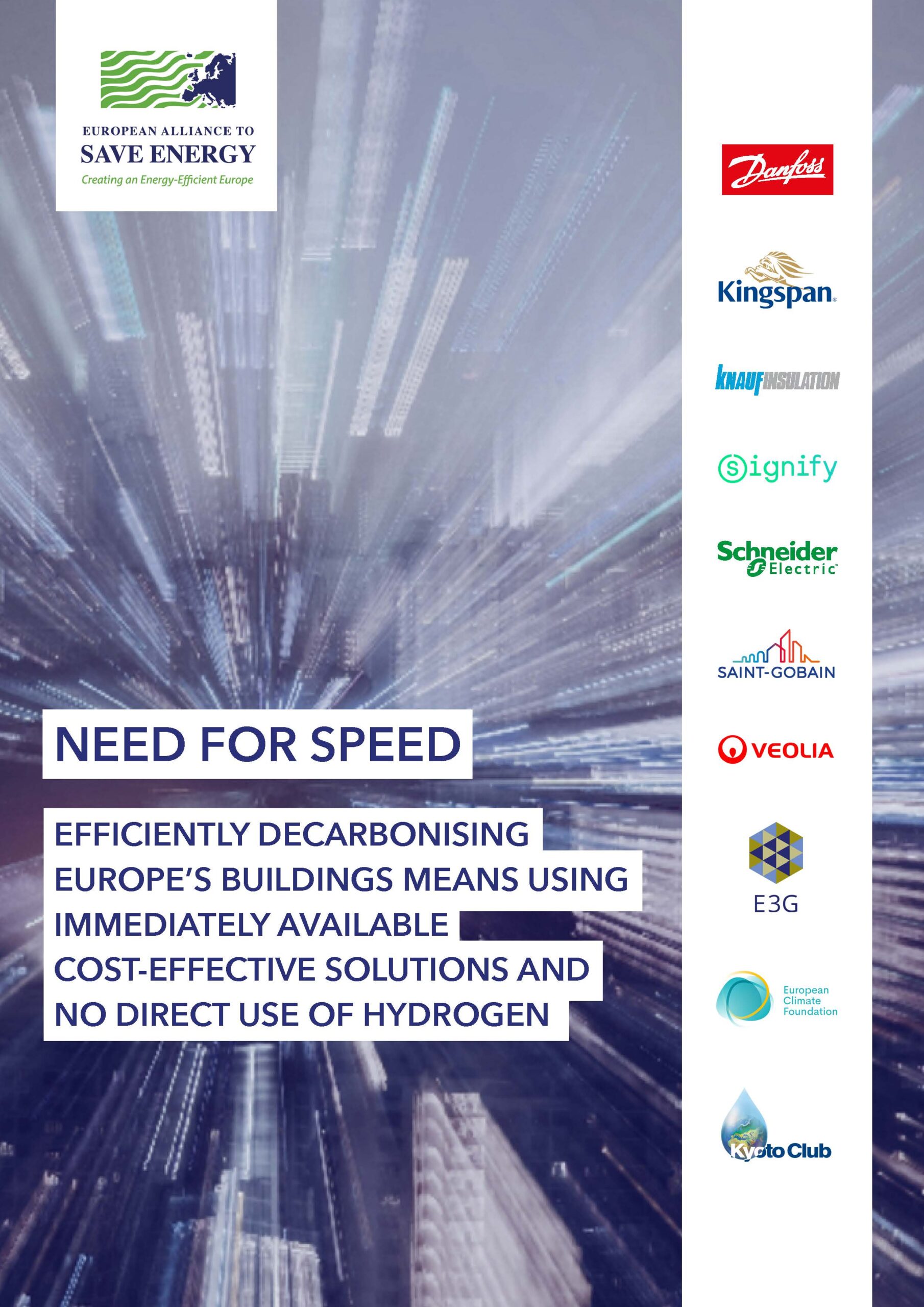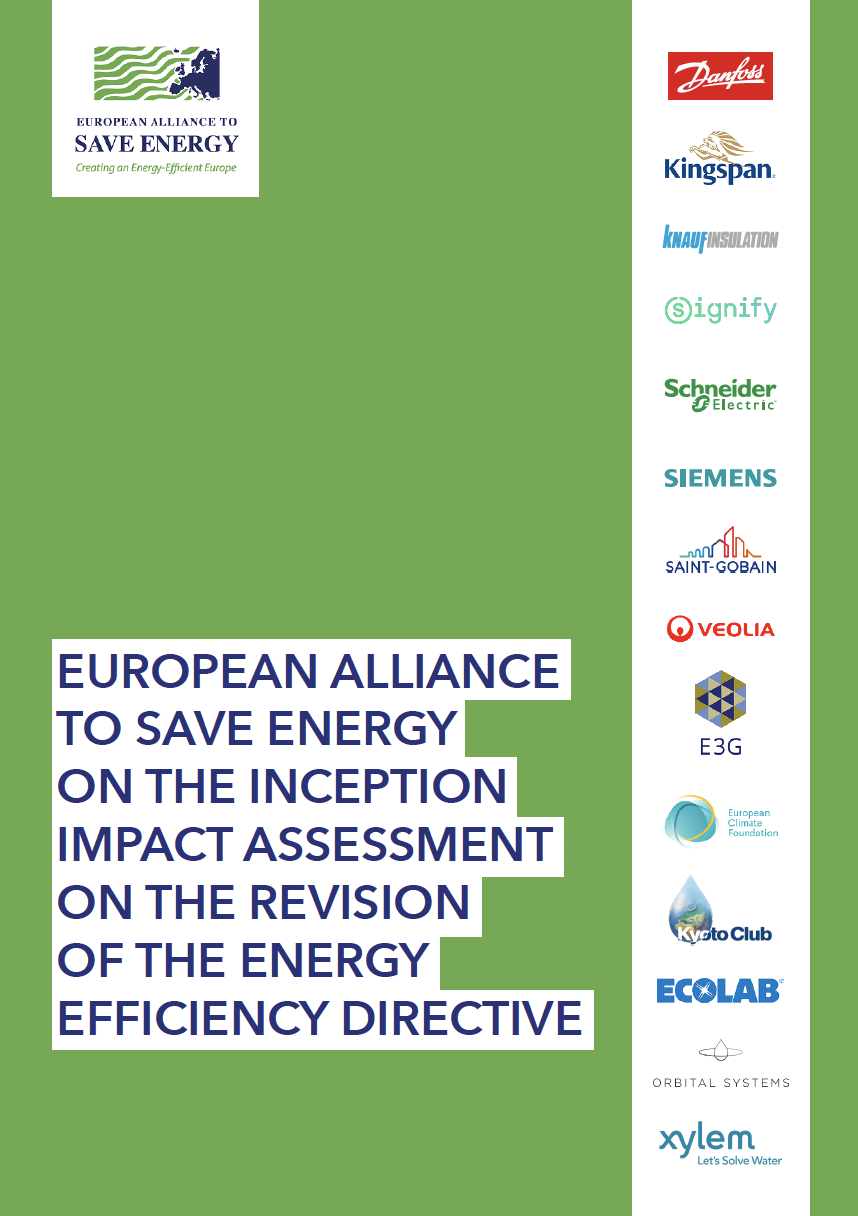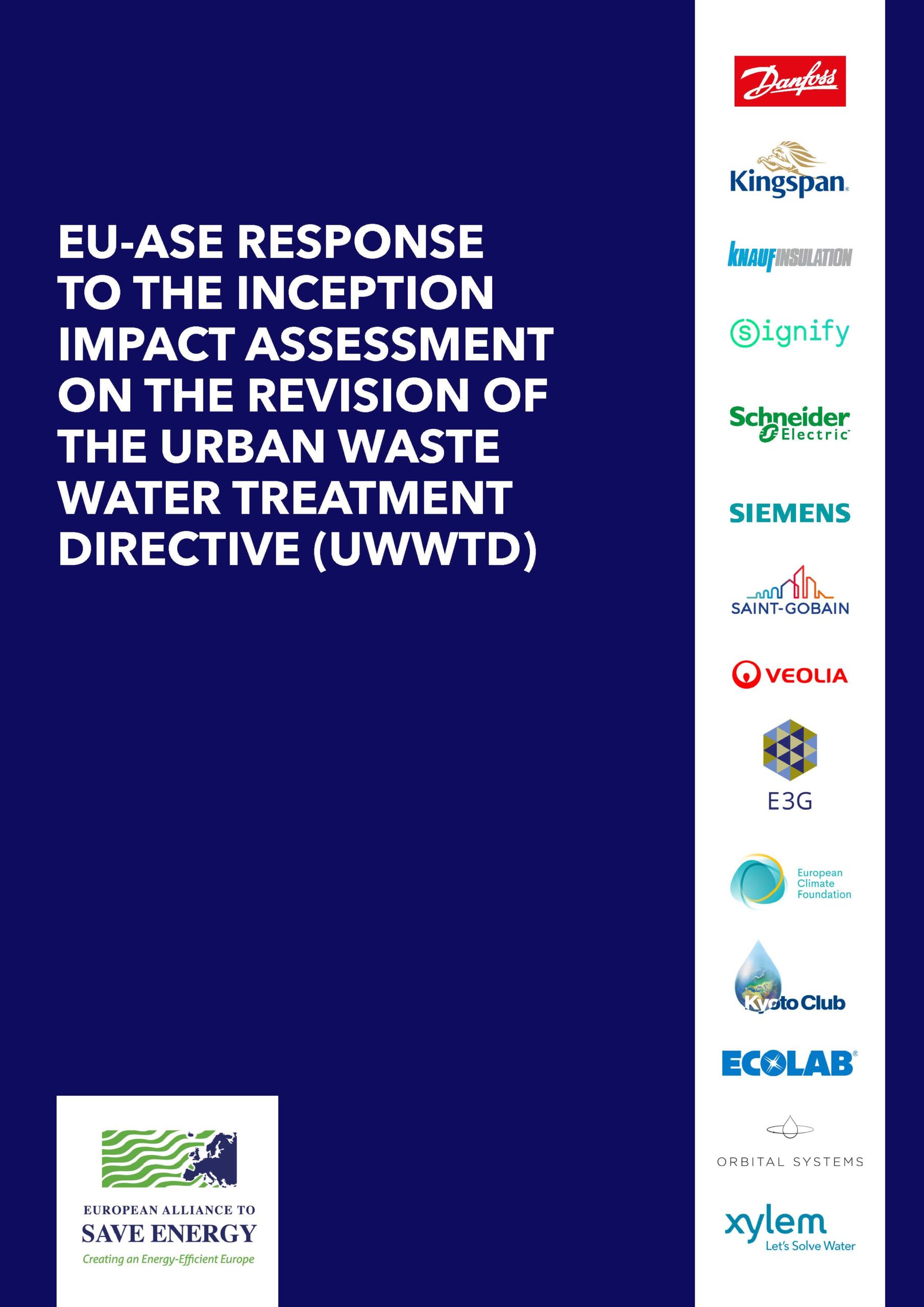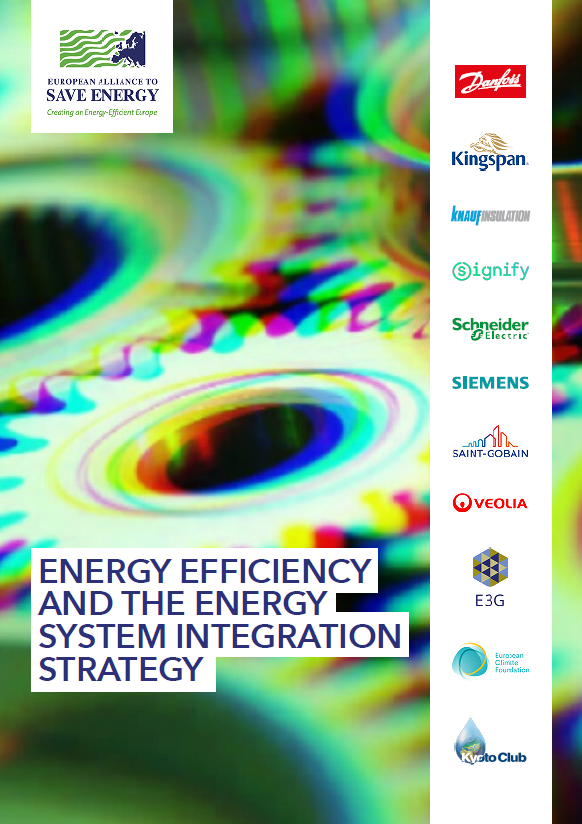The European Alliance to Save Energy (EU-ASE) welcomes the opportunity to provide feedback to the European Commission’s publication of an inception impact assessment on the revision of the Energy Efficiency Directive (EED). The Alliance brings together businesses, think thanks and Members of the European Parliament to ensure that the voice of energy efficiency is heard across the business and political community.
he EU-ASE welcomes the strong narrative on energy efficiency in the roadmap as well as its proposal to revise the current EED. The Directive has played a significant role in bringing energy efficiency up in the political agenda, stimulated increased national efforts, and resulted in some energy efficiency improvements. However, it did not lead to the creation of the much needed binding and long term legal framework to mobilize the investments required to tap the savings potentials across sectors and deliver the multiple benefits of energy efficiency to citizens, businesses and the environment. This shortcoming also stems from the imperfect implementation of the Directive. As a consequence, in many countries, the energy savings delivered fell short of the minimum required and are insufficient to achieve the national targets. We note that the Commission is rightly stepping up enforcement and we fully support strengthening the legal requirements for more effective implementation.
The current review should ramp up the ambition in light of the EU’s new climate objectives. The EED targets must be aligned with the European Green Deal and its goal to achieve climate neutrality by 2050 at the latest, as well as intermediary targets. According to the International Energy Agency (IEA), 76% of the European greenhouse gas emission reductions required to keep temperature increases below 1.5°C must come from energy efficiency. Therefore, the overall energy consumption reduction is the foundation for achieving climate targets while ensuring a deep economic transformation that is supporting a circular, resilient and equitable post-COVID recovery.
For policy-makers, investing in energy efficiency means investing in a fast, smart and sustainable recovery which is ‘made in Europe’. The International Patent Classification green patents inventory of the World Intellectual Property Organization shows that among the countries with a higher concentration of filings for patents in energy conservation technologies, there are the EU Member States such as Germany, France, and the Netherlands. Investing in energy efficiency means supporting the growth, competitiveness and long term sustainability of European manufacturers, solution providers and local value chains. The EED review is paramount in that respect and should be carried out in such a way to support job creation, sustainable growth and climate change mitigation and adaptation in one of the most innovative and strategic sectors of the European Union.
Based on this, EU-ASE would like to highlight the following recommendations to support the Commission in its ongoing work on the EED revision.
Download the full response





